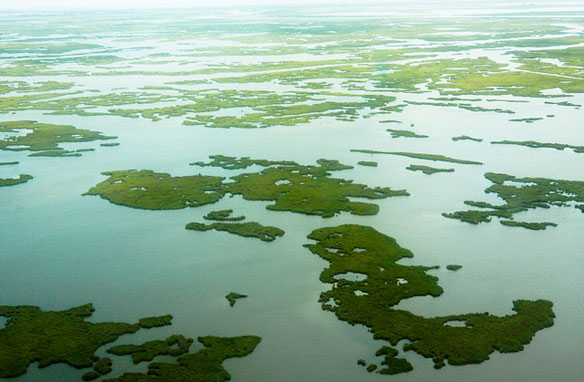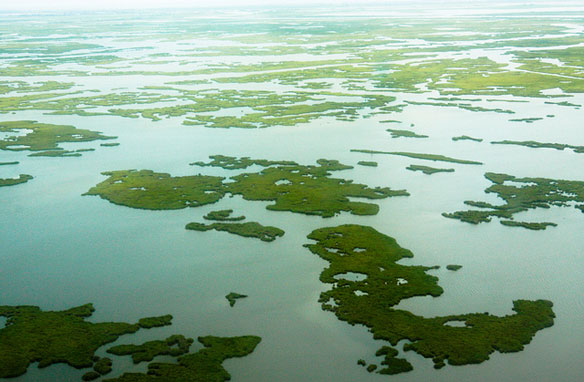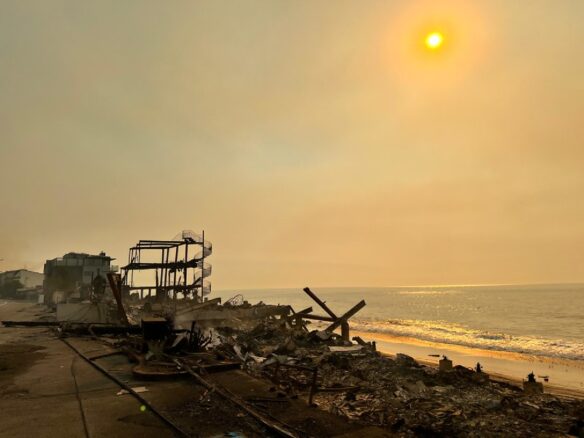[youtube]http://www.youtube.com/watch?v=RL3n19GRFSM&feature=relmfu[/youtube]
By USGS
This video describes causes of wetland loss in the Mississippi River Delta.
Rapid land subsidence due to sediment compaction and dewatering increases the rate of submergence in this deltaic system.
The construction of levees along the lower Mississippi River also has reduced delivery of sediments to coastal wetlands, which have been deteriorating as soil surfaces sink and wetland plants are subjected to excessive flooding. Other factors that have contributed to land loss include construction of canals and periodic hurricanes.
Sea-level rise can lead to movement of saltwater inland, but coastal plants tolerate salinity through several morphological and physiological mechanisms.
The causes of wetland loss are complex and not the result of any single factor. Natural and anthropogenic factors have combined with global processes such as sea level rise to cause wetland loss in the Mississippi River Delta.

Mississippi River Delta, Louisiana Wetlands, Marsh and Barrier Islands. Photo source: ©© Alysha Jordan









